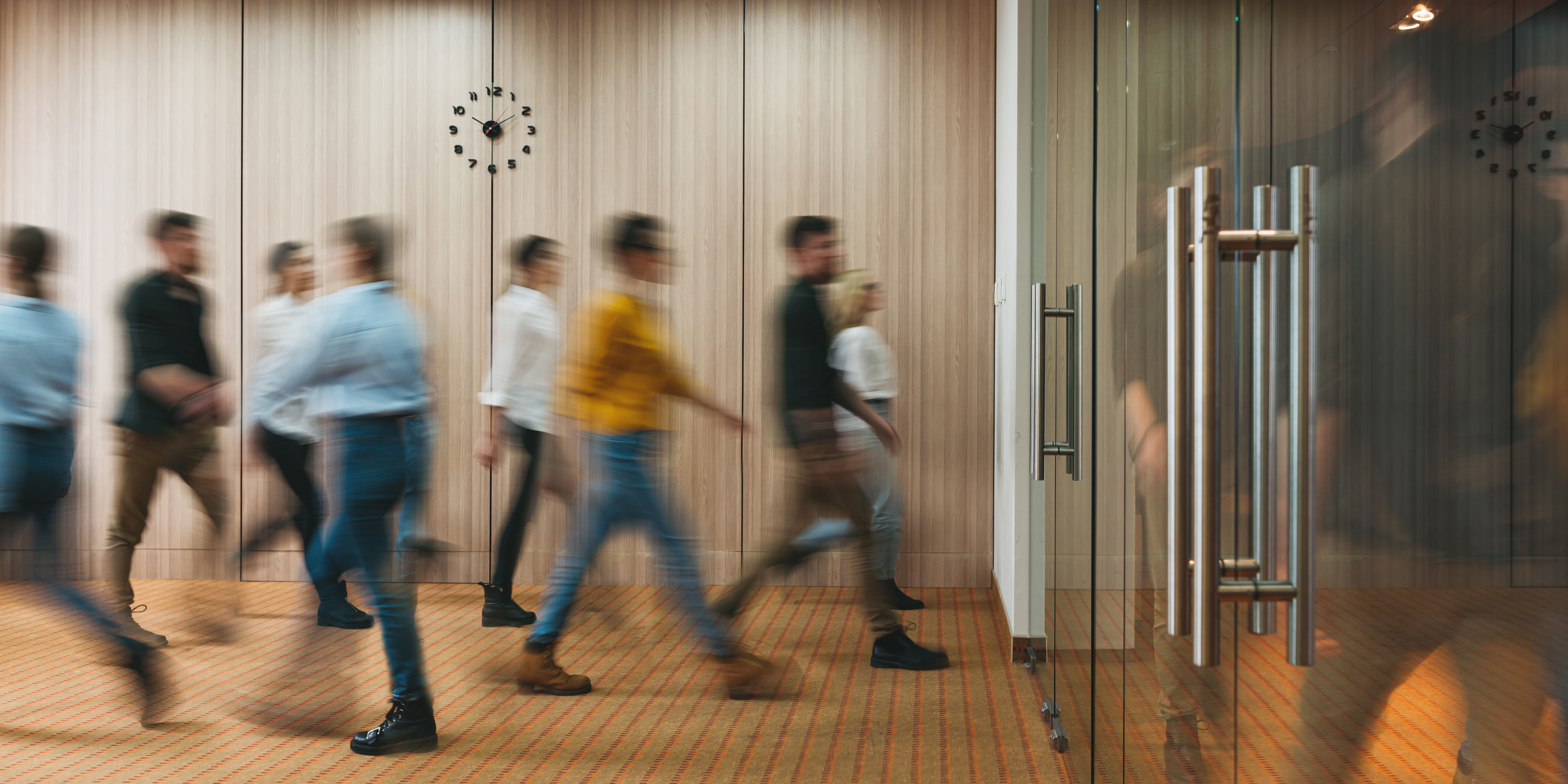What will your workplace look like this year, next year, or in 10 years? Some companies plan to allow most of their employees to work from home. Others are focused on increasing diversity, raising hygiene standards, and lessening environmental impact. Regardless of the organization, we are witnessing dramatic shifts that will shape future working conditions, and the role companies serve in the world.
Employees will spend more time at home
According to a recent Gartner survey, 82% of company leaders intend to permit employees to work remotely part-time. Reconfiguring office space for this new reality will challenge all companies. Executives expect to decrease their real estate footprint, while employees want more flexible work schedules and personal space while in the office. Design experts predict this will lead companies to adopt a workspace model that utilizes more hoteling where employees schedule desk use based on their time in the office.
Landlords will invest heavily in health, hygiene, and safety.
Concern for employee health and safety is at an all-time high. Although many employees have returned to the workplace wearing masks, sanitizing their desks, and social distancing, many continue to test positive for COVID-19. These practices are likely to continue, and companies are already planning for the future workplace. According to a report published by McKinsey & Company, 83% of executives expect to hire more people for health and safety roles within the next two years.
Companies will become more diverse.
According to a report published by McKinsey & Company, companies that rank in the top quarter percentile for gender diversity are 36% more likely to outperform their counterparts financially. Naturally, companies worldwide are actively working to improve their diversity, equity, and inclusion programs. Companies such as Starbucks have even stated that they will partially base executives' compensation on their ability to build inclusivity and diversity into their teams.
Employees will demand improved working conditions
Last year, thousands of employees from companies such as McDonald's, Target, and Amazon launched strikes to protest unsafe working conditions amid the pandemic. In 2019, there were 25 major work stoppages involving 1,000 or more workers, according to the U.S. Bureau of Labor Statistics, which is more than triple the amount in 2017. Naturally, companies have taken notice and are taking action. In 2019, the Business Roundtable redefined a corporation's purpose to promote an economy that serves all Americans.
Companies will become more environmentally conscious
Last year was a brutal reminder of the consequences of climate change. Many experts believe that COVID-19 evolved from a common virus in bats. Deforestation, which pushes animals further from their natural habitat, is theorized to have contributed to the virus's transmission to humans. Furthermore, climate change played a role in exacerbating the death toll. According to a nationwide study published by the Harvard T.H. Chan School of Public Health, people with COVID-19 who live in U.S. regions with high air pollution levels are more likely to die than those who live in less polluted areas.
Companies are rethinking how to integrate people and technology
The pandemic forced companies to adopt more digital and automated solutions to limit human interaction. According to a study published by McKinsey and Company, 85 percent of companies accelerated the digitization of their business, while 67 percent increased the adoption rate of automation and artificial intelligence. As fewer employees work at the same location, virtual and augmented reality technology will become more prevalent. For many companies, this is already commonplace.
Conclusion
The world is rapidly changing. Employees are spending more time at home, working conditions are improving, landlords are investing in improved health standards, and companies are evolving their relationship with employees. At Hive, we believe we have the power to shape the future of the workplace through technology, conversation, and community action. We believe that everyone should be a part of this process. That's why we built Hive to be accessible to everyone.
To learn more about Hive, our mission, and platform, visit us at crehive.com.


%20(Color).jpeg)

